
‘China started destroying monasteries after occupying Tibet’
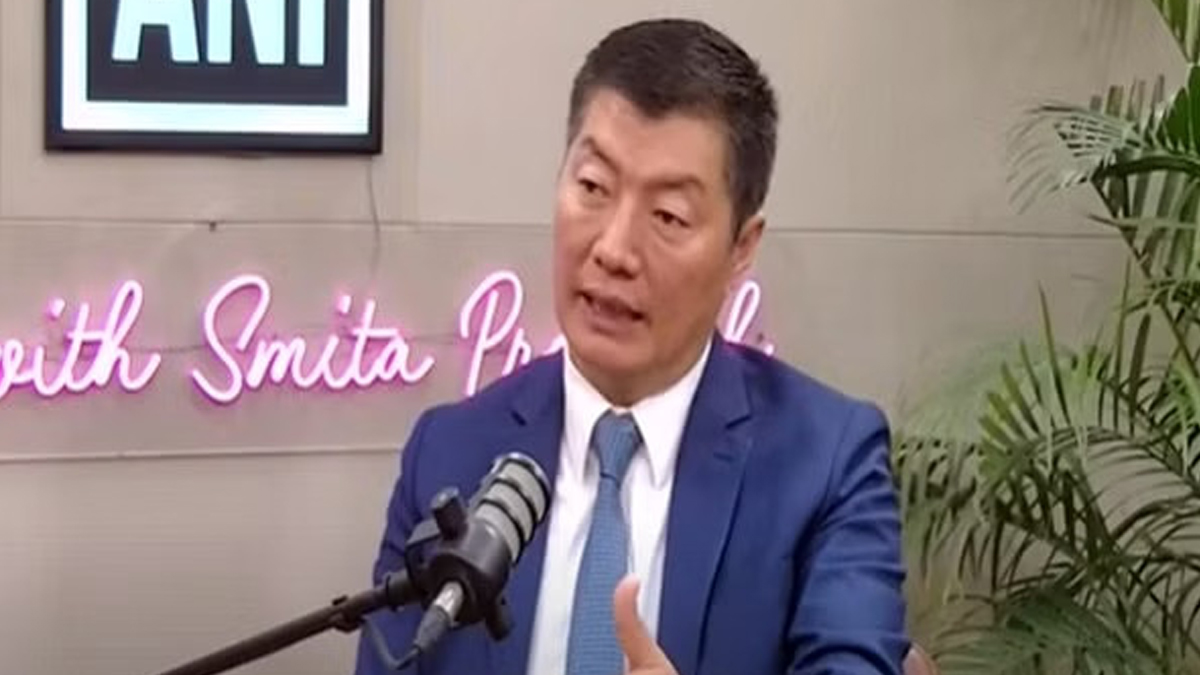
Former Tibetan Prime Minister-in-exile Lobsang Sangay has accused China of exploiting Tibetan identity, language and culture since the Chinese troops entered the Tibet region on October 7, 1950.
The incident marked the beginning of a dark period in the history of the Tibetan people’s homeland, said Lobsang Sangay in an exclusive interview with ANI.
“China occupied our country, brutalised our people, around million Tibetans died because of killing, starvation and suicides. Monasteries were destroyed, treasures were looted, burnt and sold. Thousands years of civilisations there were brought from Nalanda to Tibet were reduced to ashes.” Lobsang Sangay said.
In an effort to revitalise Tibetan culture into mainstream Chinese culture, Beijing has implemented several policies over the years which have resulted in the disappearance of regional culture elements.
Officially an atheist state, China has long persecuted Buddhism, which is revered as a force that binds all Tibetans. In fact, the attack on the faith was the main reason why several monks joined the guerrilla group during the Tibetan uprising of 1959.
“Monks wanted to defend their faith as the Communist Party of China started destroying the monasteries after occupying Tibet,” said Lobsang Sangay during the interview.
The Chinese government has also meddled in the succession of the 14th Dalai Lama. Beijing’s interference is being seen as violations of religious freedom of the Tibetan people.
He said, “Chinese have no business whatsoever, they destroyed monasteries, they are communists, they are atheists, they don’t believe in religion, they have no right to select our religious leader.”When asked if he had ever felt that the Tibetan cause was a lost cause, Lobsang gave a very optimistic view.
He said, “We are Buddhist. We believe in the notion of impermanence. Nothing is permanent. You are born and you die. Wherever you are today, you might not be there tomorrow. Everything is a cycle, so there is always a hope. There is a Tibetan nation, there is a Tibetan civilization, there are Tibetan people, and there is a Tibetan cause. That will always be alive, no matter what”.
“As long as you survive your time will come because it is inevitable. Great powers from Mughals to the British, you just name it, how many empires have come and how many empires have gone. China will inevitably go,” he added.
Lobsang Sangay is the first person who served as the Tibetan Prime Minister without a monastic background. He was born in Darjeeling in 1968 in a refugee community. He earned a Bachelor of Laws degree from the University of Delhi. He studied international law and democracy at Harvard University. Later, he became an American citizen.
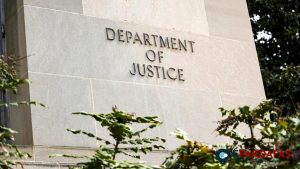

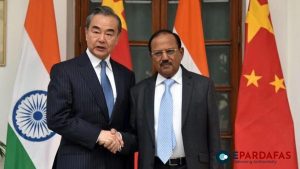


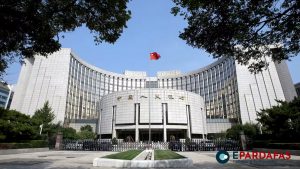
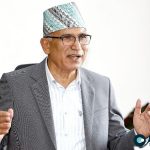

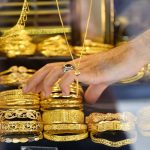

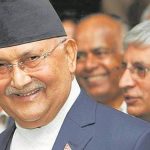

Comments